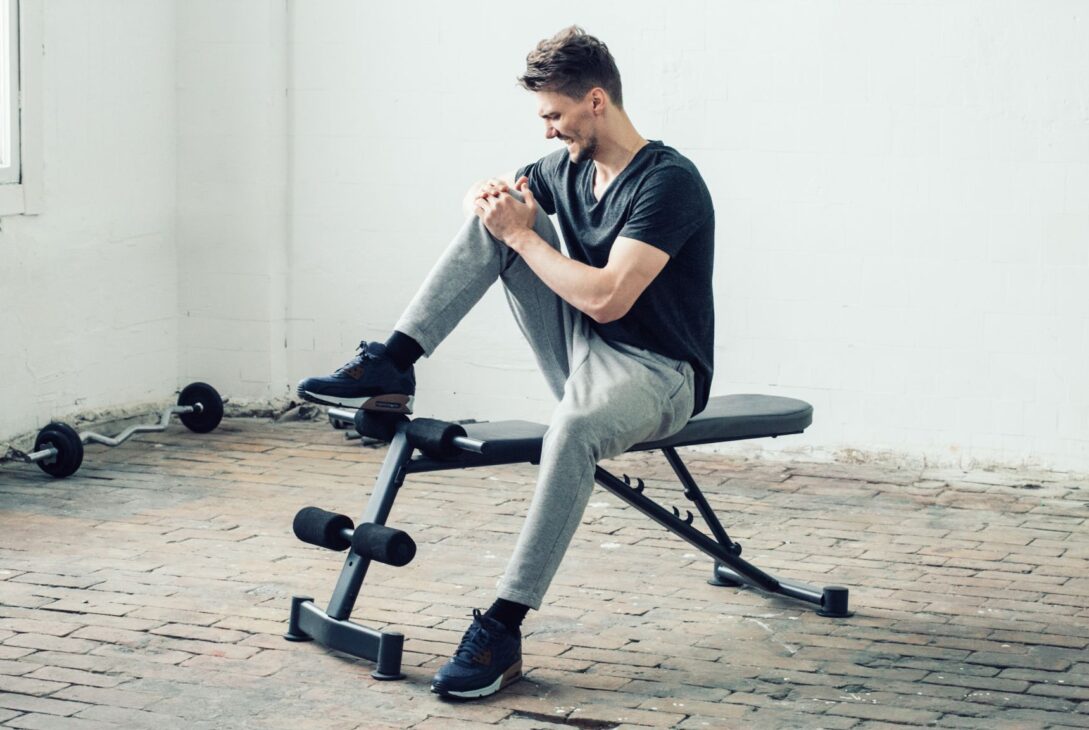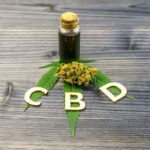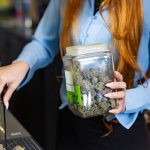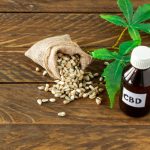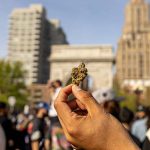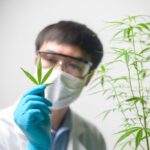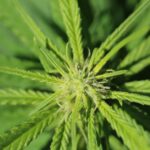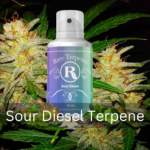Introduction
CBD is a naturally-occurring compound found in cannabis plants, and it’s been used to treat anxiety and other conditions for years. It’s also known as a natural painkiller, which makes sense considering it comes from the same plant that produces THC. But can CBD help with post-workout aches and pains? How exactly does it work? Read on to find out!
Inflammation is a common contributor to post-exercise pain, and the anti-inflammatory properties of CBD might be able to help reduce that pain.
Inflammation is one of the most common contributors to post-exercise pain, and it can be caused by many factors. The body releases histamines and other chemicals that cause blood vessels to dilate and swell in response to an injury. This swelling makes it difficult for oxygenated blood to flow through the area, which can lead to inflammation and pain.
CBD has many anti-inflammatory properties that may help reduce this swelling and resulting pain. It also seems like a good treatment option because it can be taken orally or applied topically (on the skin), making it easy for athletes or people who work out often at home or in gyms (like me!) who have access to both kinds of medications but don’t have any prescription insurance coverage for them yet with less side effects than opioids
CBD has been known to reduce anxiety, which can be caused by extreme physical exertion.
CBD can help with post-exercise pain, which is a major issue for athletes. Studies have shown that CBD oil can help reduce inflammation, lessen nausea and increase sleep quality.
CBD has also been known to reduce anxiety, which can be caused by extreme physical exertion. However, there are some studies that showed no positive effects of CBD on anxiety in athletes during intense exercise.
CBD can help create more restful sleep, and getting enough rest can help your body recover faster.
CBD can help create more restful sleep, and getting enough rest can help your body recover faster. It may also reduce pain and inflammation in the muscles, which is why CBD has been used to treat athletes who are recovering from an injury or overuse. The exact reasons why CBD helps with this recovery process aren’t clear yet, but it appears to have something to do with CBD’s positive effects on the endocannabinoid system.
One study showed that CBD was effective in reducing chronic nerve pain caused by diabetes.
Another study has shown that CBD is effective in reducing chronic nerve pain caused by diabetes. The researchers believe that CBD works by acting on specific receptors in the brain, called CB1 receptors. These receptors are known to be involved with regulating pain, appetite and mood.
CBD also appears to treat nausea and vomiting by acting on another set of receptors in the brain known as 5-HT1A serotonin receptors.
CBD is thought to treat nausea and vomiting by acting on specific receptors in the brain.
CBD, or cannabidiol, is a non-psychoactive compound found in cannabis plants. While it’s not as well known as tetrahydrocannabinol (THC), it can still have profound effects on your body and mind.
According to a 2018 review published in the Journal of Sports Medicine and Physical Fitness, CBD might be useful for treating nausea, vomiting and other symptoms associated with exercise-induced muscle damage. CBD also seems to help athletes recover from injuries faster than those who don’t use it, according to several studies conducted over the past few years.
How does CBD work? The “endocannabinoid system” consists of receptors throughout your body that interact with cannabinoids—chemicals derived from marijuana plants that activate these receptors when ingested through smoking or otherwise consumed orally (without smoking). One specific receptor called CB1 has been linked with pain regulation; another called CB2 has been associated with inflammation reduction during exercise recovery time periods between bouts of physical activity.”
An animal study found that treating rats with CBD reduced the amount of free radicals in their bodies after exercise, which would ultimately reduce damage to cells and tissues.
In a study published in the Journal of Experimental Biology, researchers found that CBD had a positive effect on mitochondria. Mitochondria are tiny structures inside your cells that produce energy for the cell to function properly. These same researchers also found that CBD reduced free radical production, which would help protect against cellular damage caused by exercise or other forms of stress (or even aging).
It’s important to note that this study was done on rats, not humans. However, it does suggest promising ways in which CBD could improve sports recovery.
There are several ways in which CBD could potentially aid athletes dealing with sports injuries or other pain as a result of their activities.
CBD has been known to reduce anxiety, which can be caused by extreme physical exertion. If you’re suffering from an injury and are anxious about it, CBD could help you relax and get some rest.
CBD can also aid in sleep quality, helping you get a good night’s rest. Not only will this give your body more time to heal from whatever injuries it’s experiencing; but also, getting enough rest will make it easier for you to perform at peak levels during athletic competitions or workouts that involve physical exertion.
Conclusion
So, what does all this mean for CBD and sports recovery? It’s still too early to say for sure. But if you’re an athlete looking for natural ways to reduce pain, anxiety, and other symptoms related to the physical toll of your sport, then it might be worth giving CBD a try. And if you have any lingering questions about whether or not it works—or how much CBD should be taken at once—talk with your doctor before trying any new supplements or medications on your own!
Medical Disclaimer:
The information provided in these blog posts is intended for general informational and educational purposes only. It is not a substitute for professional medical advice, diagnosis, or treatment. Always seek the advice of your physician or other qualified healthcare provider with any questions you may have regarding a medical condition. The use of any information provided in these blog posts is solely at your own risk. The authors and the website do not recommend or endorse any specific products, treatments, or procedures mentioned. Reliance on any information in these blog posts is solely at your own discretion.

